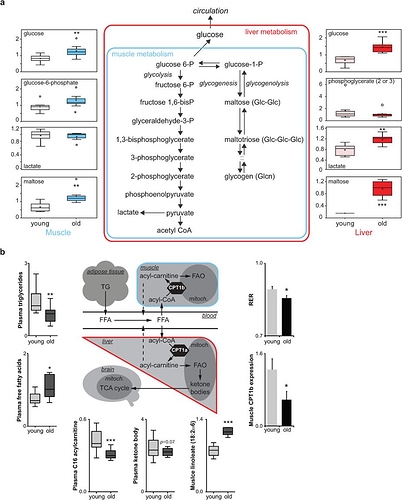Besides mice! You know what is really interesting, is Japan, they have a long list (or longest list in the world?) of centenarians but one thing that really sticks out is portion size of food not just the quality of food and the soil quality is probably better their than any other place in the world right now, that may explain the longevity and of course you have the Japanese potato full of organic hyaluronic acid (also in bone broth) or the molecular glue (no leaky gut) of the body and green tea etc.
But that portion size thing really sticks out in contrast to centenarians (with no health problems); when I look at serving or portion sizes per-meal, per-culture (looks similar to keto?), just one of those things that make you go hmm?
Then you see vegans of the Seventh Day Adventist sect with quite a few centenarians and I am thinking if all your eating is veggies, your not going to be eating a lot of it because it would get boring after sometime?








